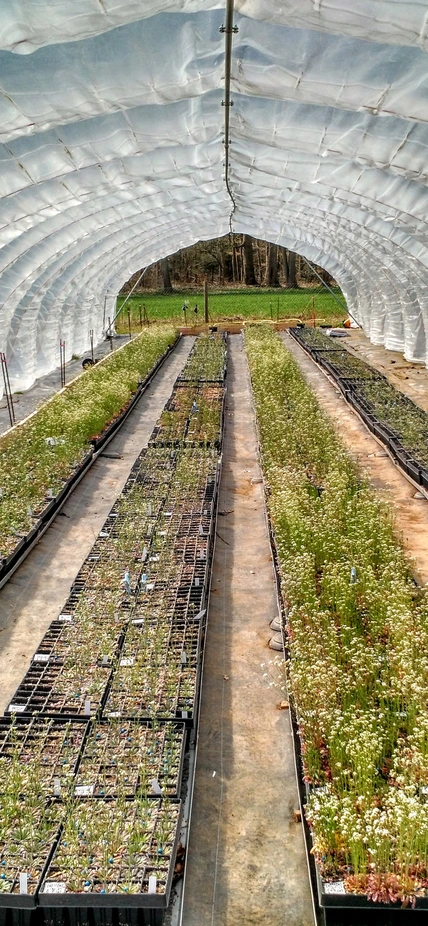Palo Alto, CA— Carnegie’s Moises Exposito-Alonso was selected for the Heidelberg Academy of Science’s Karl Freudenberg Prize in recognition of outstanding early career achievements in the natural sciences. The prize comes with a personal 10,000 Euro award.
Representing the German state of Baden-Württemberg, the academy honors several professors under the age of 40 with endowed prizes each year, including six in 2020. All of the recipients will give public presentations of their work, with dates to be announced. An evolutionary geneticist, Exposito-Alonso received his doctorate in 2018 from the Max Planck Institute for Developmental Biology in Tübigen.
Last year, he joined Carnegie’s Department of Plant Biology where he researches how plant species will evolve to keep pace with climate change. His prestigious appointment of staff associate was designed for early career scientists who are ready to take on bold, creative independent research pursuits. He is also an assistant professor by courtesy at Stanford University.
The Freudenberg Prize was launched in 1986 on the 100th birthday of its namesake, who was a renowned German chemist. Exposito-Alonso was honored with the award bearing Freudenberg’s name for his thesis research, published last year in Nature, in which he developed new predictive genetic models that identified populations of the plant Arabidopsis thaliana in Central Europe as at risk imminent of decline due to climate change.
“We were thrilled to have such a promising young scientist join our department last September,” said Acting Director Zhiyong Wang. “The visionary approach for which the Heidelberg Academy recognized Moi is exactly the type of enterprising spirit that we look for in a staff associate. Congratulations to him on this well-deserved honor.”
Caption: Greenhouse in Germany where Exposito-Alonso did research, courtesy of Moises Exposito-Alonso.
